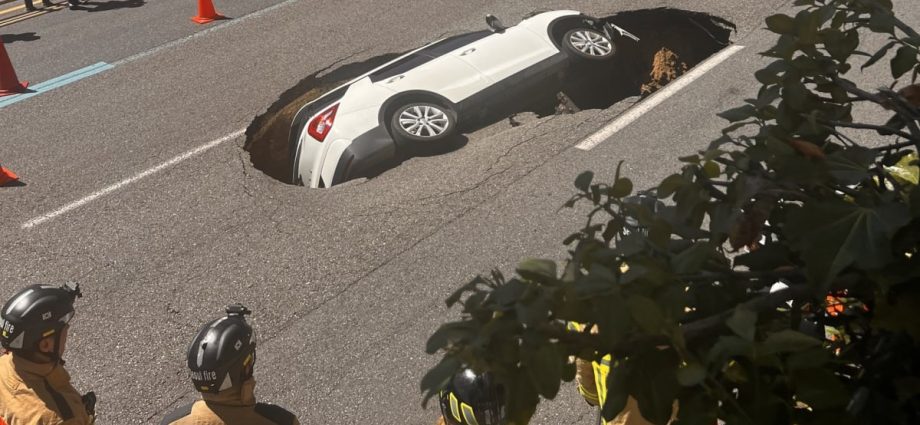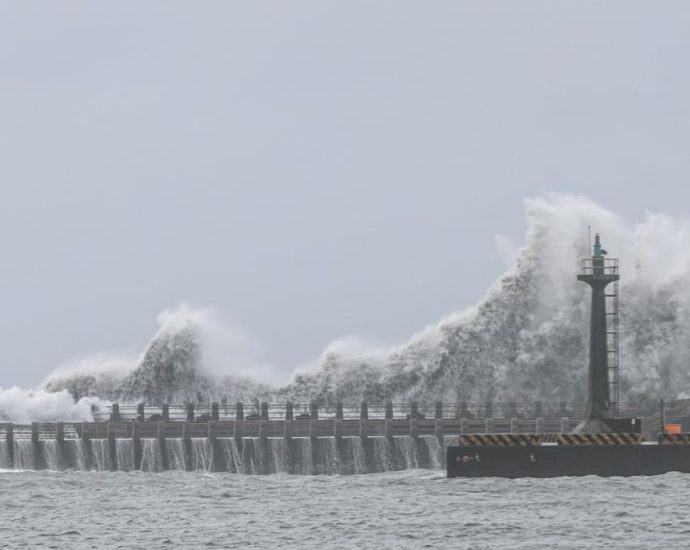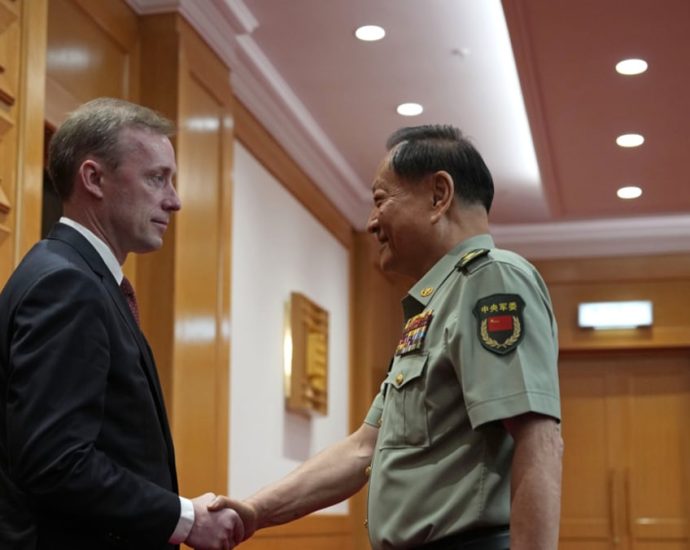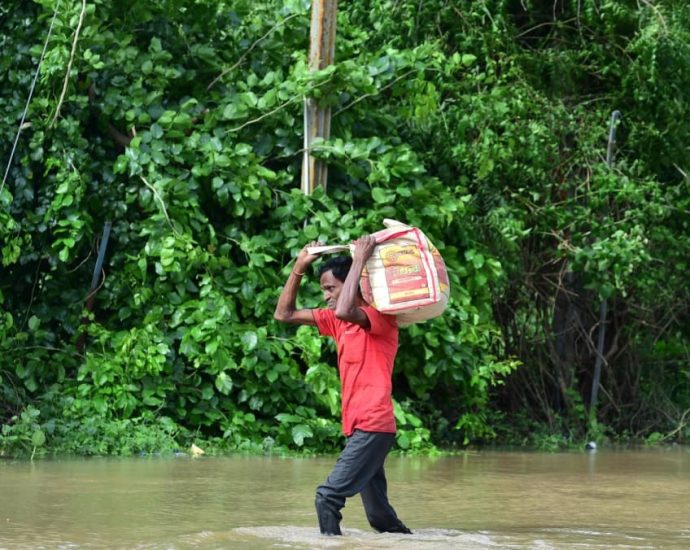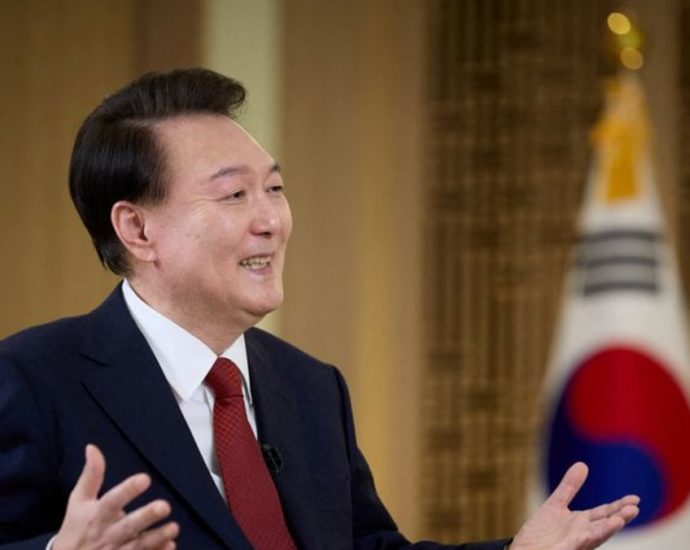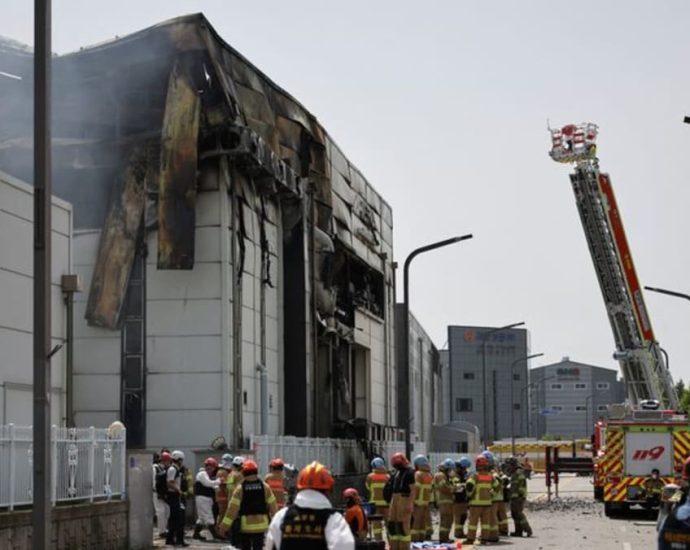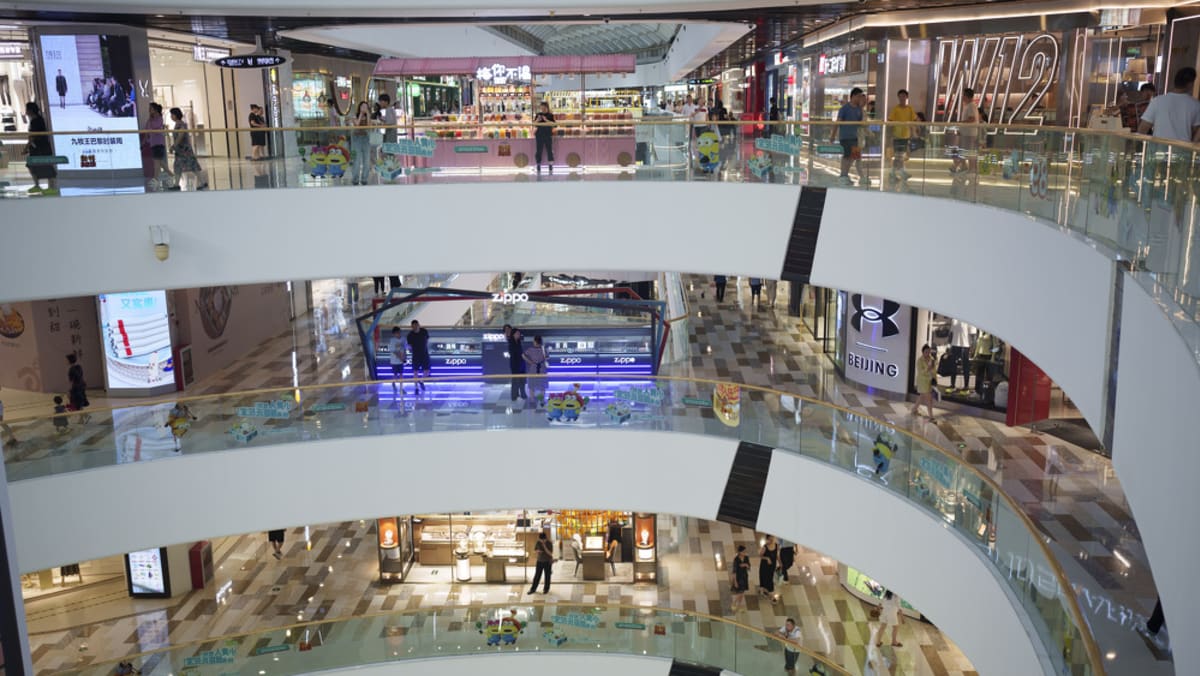Two injured after sinkhole swallows car in Seoul: Reports
In Seoul, two people were hurt when a car they were driving in was sucked into by a sinkhole that appeared on Thursday ( August 29 ). According to local media accounts, a hole emerged in the middle of a street in Seodaemun area, northern Seoul.  , The vehicle, whichContinue Reading

